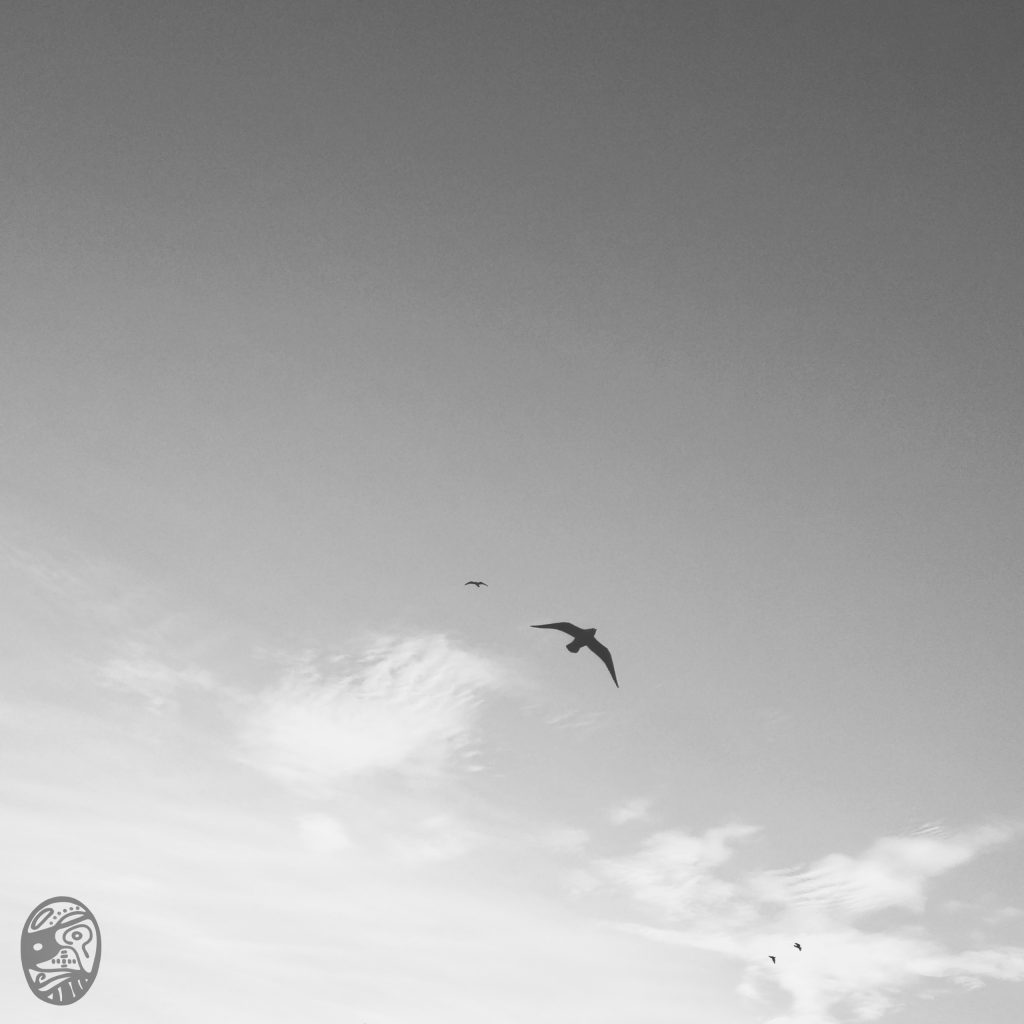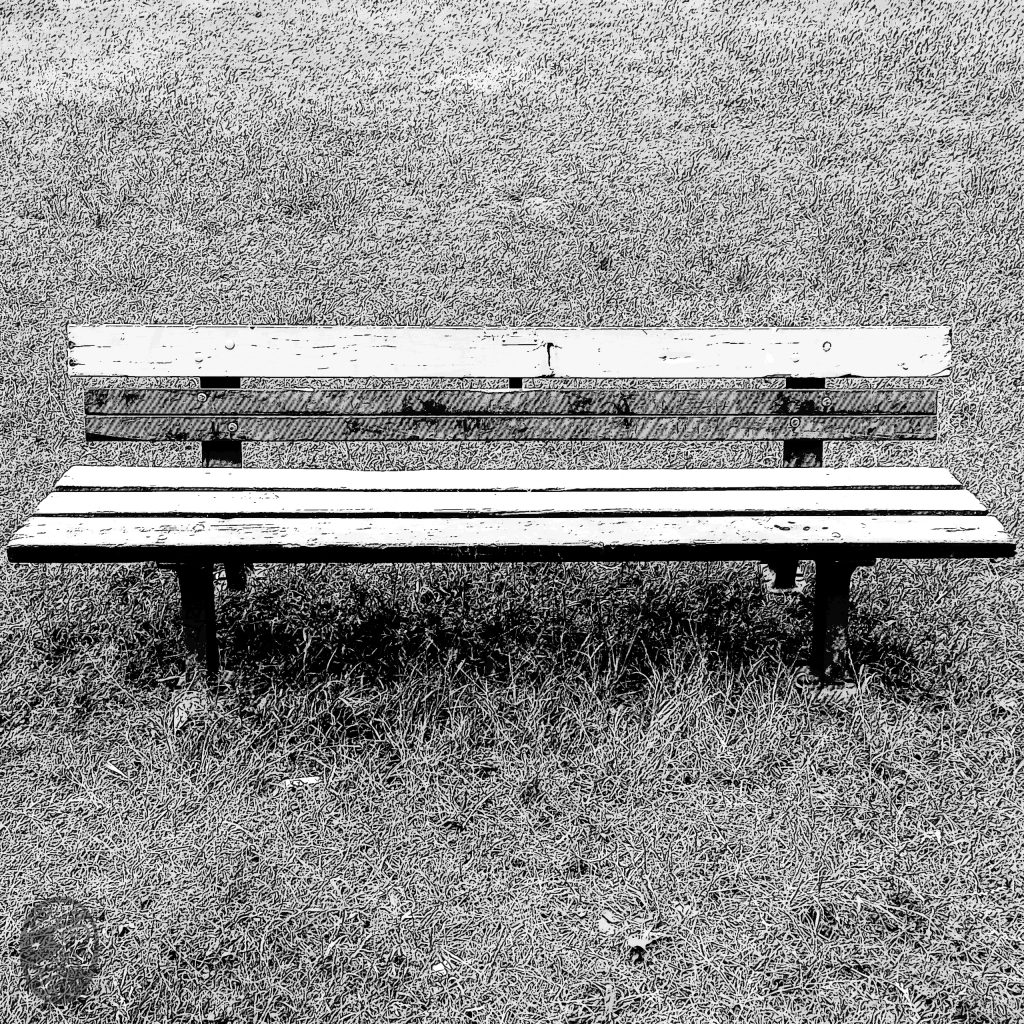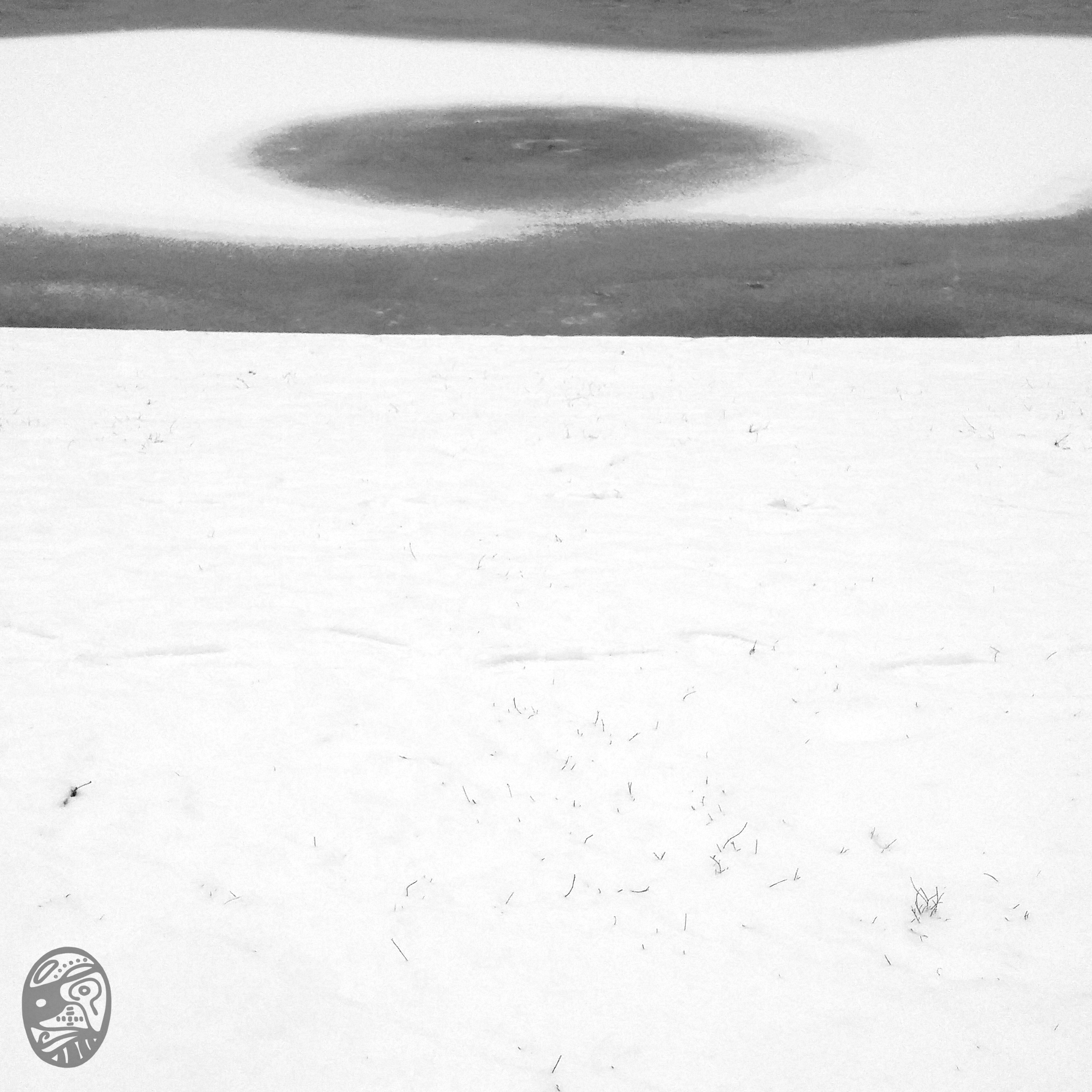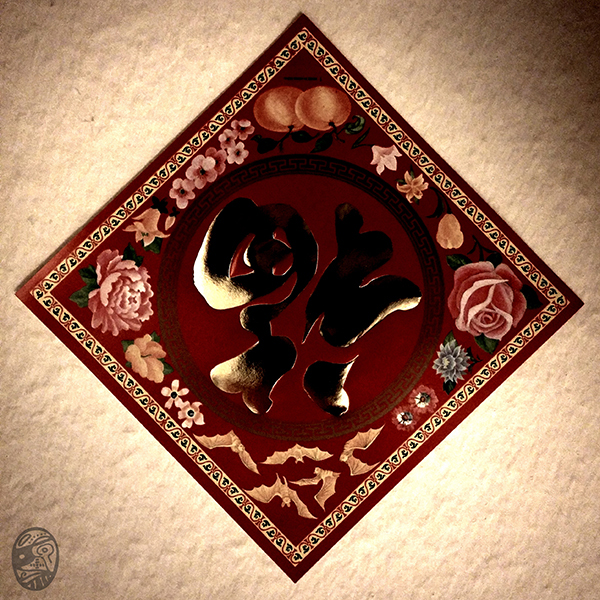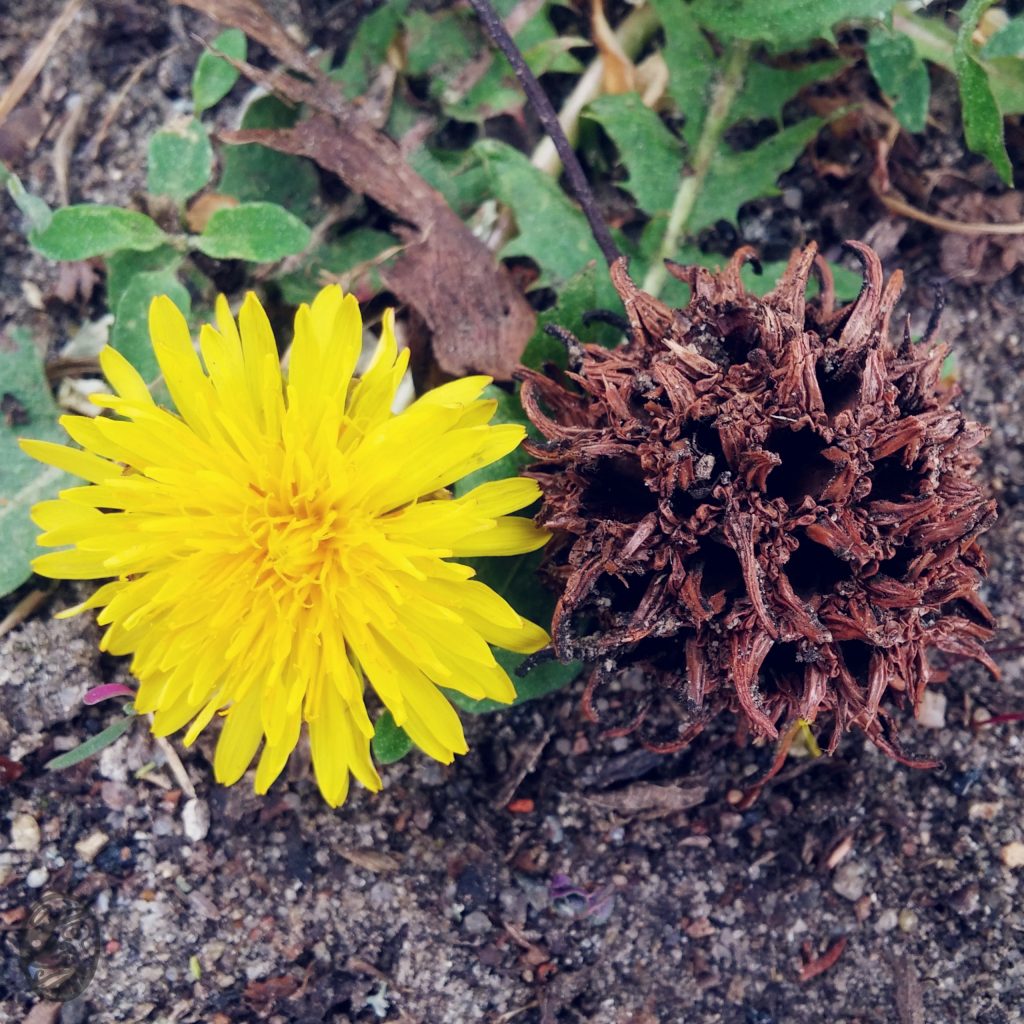
柔、堅|dELICATE, sTRONG
平衡,就是若剛能制柔,柔也能克剛。
BALANCE, that is, if the sTRONGNESS can rESTRAIN the sOFTNESS, then the sOFTNESS can also rESTRAIN the sTRONGNESS.
《道德經》—— 第七十六章:
“Tao Te Ching”*₁- Chapter 76 (original written in Classical Chinese):
人之生也[柔弱₁],其死也[堅強₂]。草木之生也[柔脆₃],其死也[枯槁₄]。故堅強者死之徒,柔弱者生之徒。是以[兵₅]強則[滅₆],[木₇]強則[折₈]。強大處[下₉],柔弱處[上₁₀]。
People are [sOFT and dELICATE₁] when born, and they become [hARD and sTIFF₂] after death. When the plants and trees are alive, they are also [sOFT and fRAGILE₃], once they are dead, they become [wITHERED and dRY₄]. So the hardness and stiffness are on the side of dEATH, while the softness and delicacy are on the side of lIFE. Therefore, the [sOLDIERS₅] will be [aNNIHILATED₆] as they are strong, the [tREES₇] will be [cUT dOWN₈] as they are strong. The sTRONG one will be in the [lOW₉] position, the dELICATE one will be in the [uP₁₀] position.
